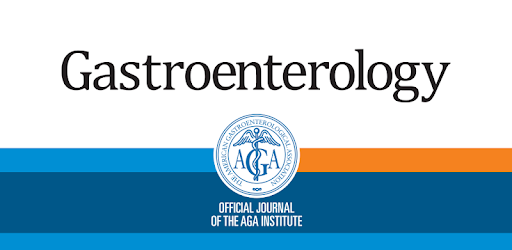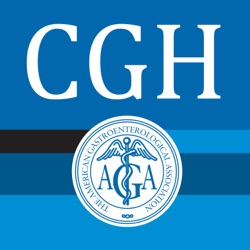Supreme Court case could threaten colorectal cancer screening access, ACG warns

Editor's Note The American College of Gastroenterology (ACG) is warning that millions of Americans could lose access to essential colorectal cancer (CRC) screenings if the Supreme Court rules against the role of the US Preventive Services Task Force (USPSTF) in guiding preventive care coverage. According to the organization’s March 7…
New colonoscopy guidelines increase bowel prep quality expectations

Editor's Note New consensus recommendations from the US Multi-Society Task Force on Colorectal Cancer (MSTFCRC) set a 90% adequacy benchmark for bowel preparation in colonoscopy, reinforcing the role of preparation in ensuring accurate screenings and reducing the risk of missed lesions. As detailed in a March 4 joint press release…
AMSURG launches nationwide campaign to spotlight rising colon cancer rates, urges early screening
Editor's Note Coinciding with Colon Cancer Awareness Month, AMSURG—a leading provider of ambulatory surgery center (ASC) services and GI care—has launched an educational push to boost colonoscopies and reduce soaring colon cancer rates, particularly among younger adults, a March 3 press release reports. The campaign highlights the lifesaving impact of…
Researchers recommend extending colonoscopy screening interval for low-risk patients

Editor's Note Individuals with negative colonoscopy screening (NCS) results face significantly lower long-term risk of colorectal cancer (CRC) incidence and mortality, suggesting the recommended 10-year rescreening interval could be safely extended for low-risk populations, according to a study published in JAMA Oncology. Healio reported on the results January 15. As…
Study: Stool tests show promise in reducing colonoscopies for post-polypectomy colorectal cancer surveillance

Editor's Note Stool-based testing strategies could significantly reduce the number of colonoscopies required for post-polypectomy colorectal cancer (CRC) surveillance while maintaining equivalent long-term outcomes in cancer incidence and mortality, according to research published August 30 in Gastroenterology. Conducted in the Netherlands, the cross-sectional observational study compared three stool tests—multitarget stool…
GLP-1 agonists linked to food retention in EGD, but not combined EGD-colonoscopy

Editor's Note Patients using GLP-1 receptor agonists (GLP-1 RAs) have a higher risk of food retention during esophagogastroduodenoscopy (EGD) when performed alone, but not when combined with a colonoscopy, according to a retrospective study from Cedars-Sinai Medical Center. MedPage Today reported the news October 1. The study included 70 patients…
Odin Medical’s AI-powered device for colonoscopy receives FDA clearance

Editor's Note Odin Medical, a subsidiary of Olympus Corporation, received Food and Drug Administration (FDA) 510(k) clearance for its cloud-based AI technology, the CADDIE™ computer-aided detection device, PRNewswire September 5 reports. Designed to assist gastroenterologists in detecting colorectal polyps during colonoscopy, the AI-powered system analyzes real-time video footage and alerts…
Reassessing colonoscopy surveillance: Early- vs average-onset colorectal cancer

Editor's Note Early-onset colorectal cancer (EO-CRC), diagnosed before age 50, is increasing in incidence worldwide. Despite existing postoperative colonoscopy surveillance strategies, the optimal intervals for EO-CRC patients are unclear due to limited long-term data. This study, titled “Early-onset Colorectal Cancer Patients Do Not Require Shorter Intervals for Post-surgical Surveillance Colonoscopy”…
Study reveals common symptoms, diagnosis delays in early-onset colorectal cancer

Editor's Note A comprehensive systematic review and meta-analysis, published by JAMA Network on May 24 and encompassing 81 studies and over 24.9 million patients, shed light on the signs and symptoms associated with early-onset colorectal cancer (EOCRC) and highlighted significant delays in diagnosis. The analysis identified the most common presenting…
Study: Infection risk unaffected by colonoscopy, joint replacement timing

Editor's Note A study published May 7 in JAMA Open found no significant risk of periprosthetic joint infection (PJI) when colonoscopy is performed within one year of total joint arthroplasty (TJA), whether the colonoscopy was done before or after the surgery. However, certain comorbidities such as kidney and pulmonary disease,…

 Free Daily News
Free Daily News